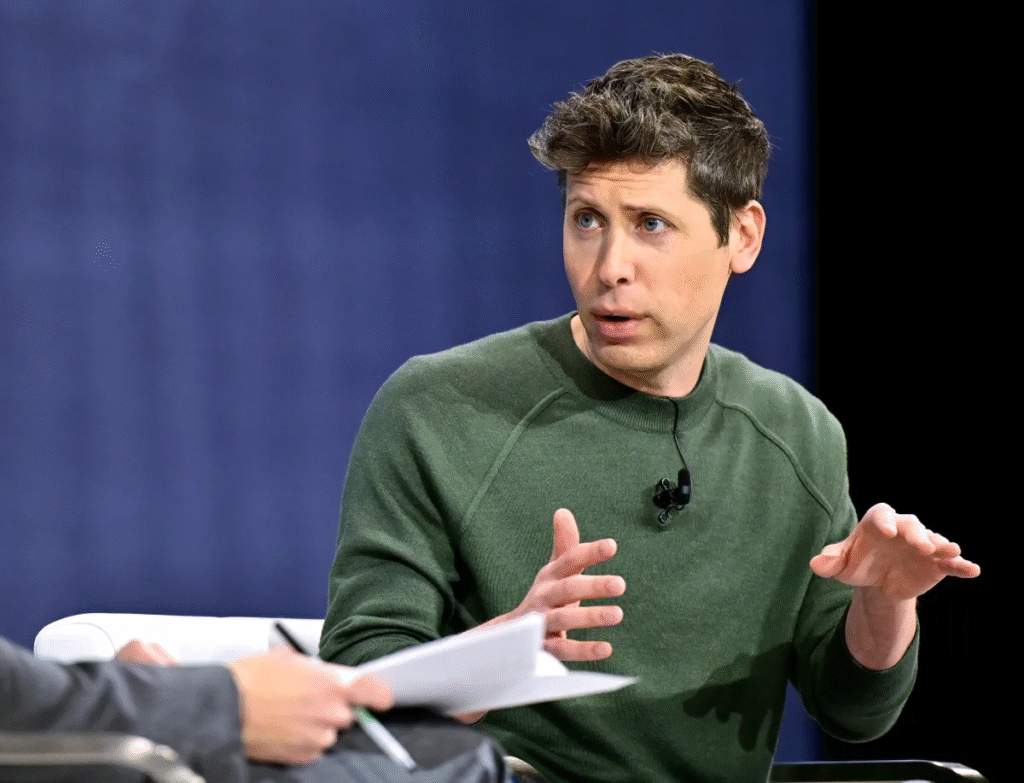Tesla Sues Former Engineer for Alleged Theft of Optimus Robot Secrets
Tesla has filed a lawsuit against former engineer Zhongjie “Jay” Li, accusing him of stealing trade secrets related to its humanoid robot project, Optimus. According to Tesla, Li downloaded confidential files about advanced robotic hand sensors onto two personal smartphones before resigning in September 2024. Shortly after his departure, Li founded Proception Inc., a startup that quickly developed robotic hands similar to Tesla’s designs. Tesla argues that Proception’s rapid progress was made possible by the alleged theft of proprietary information.

The lawsuit highlights the importance of intellectual property in the highly competitive robotics industry. Tesla is seeking compensatory and exemplary damages and has requested a court injunction to prevent further use of its trade secrets. The case emphasizes the high stakes involved in developing advanced technologies like Tesla’s Optimus robots, which are planned to be sold starting in 2026.
Coco Robotics Raises $80 Million in Funding to Revolutionize Delivery
Coco Robotics, a Los Angeles-based startup specializing in last-mile delivery robots, has secured $80 million in funding, backed by investors including Sam Altman and venture capital firms Pelion Venture Partners and Offline Ventures. The funding will support the growth of Coco’s zero-emissions robots, which can carry up to 90 liters of goods. Since its launch in 2020, Coco has completed over 500,000 deliveries, collaborating with national retailers like Subway, Wingstop, and Jack in the Box.

In addition to the investment, Coco has partnered with OpenAI, integrating its technology into their robots while also providing valuable real-world data to train AI models. This collaboration enhances Coco’s capabilities and allows for continuous improvement in their autonomous delivery systems. With this funding, the company plans to expand its fleet, scale operations, and further innovate in the field of autonomous delivery, paving the way for a more sustainable and efficient future for last-mile logistics. Founded by Brad Squicciarini and Zach Rash, Coco aims to be at the forefront of the growing robotics industry.
OpenAI Delays Release of First Open Model in Years
OpenAI has postponed the launch of its first open model in years, now expected later this summer instead of the previously targeted early June release. CEO Sam Altman attributed the delay to unexpected advancements by the research team, which require additional time to refine. The open model aims to match the reasoning capabilities of OpenAI’s proprietary models and surpass the performance of competitors like DeepSeek’s R1.

The delay comes as competition in the open AI model space intensifies, with companies like Mistral and Qwen releasing their own reasoning models. OpenAI is considering integrating advanced features into its open model, such as connectivity with its cloud-hosted AI models to handle more complex queries. This release is crucial for OpenAI’s relationship with the research and developer community as the company seeks to strengthen its position in the open-source AI field.
penAI to Maintain Collaboration with Scale AI Despite Meta’s $14.8 Billion Investment
OpenAI has confirmed its intention to continue working with Scale AI, a data-labeling startup, even after Meta acquired a 49% stake in the company for $14.8 billion. OpenAI’s CFO, Sarah Friar, emphasized the importance of maintaining a healthy ecosystem in the AI industry, warning against isolationism that could hinder innovation. Scale AI plays a critical role by supplying curated training data essential for developing advanced AI models like OpenAI’s ChatGPT.

The acquisition will see Scale’s CEO, Alexandr Wang, join Meta to lead a new superintelligence unit, expanding Meta’s investments in AI, which already include the Llama family of models competing with OpenAI’s offerings. Friar highlighted OpenAI’s work with multiple data vendors and underlined the growing need for expert human trainers in refining AI models. As the models become more advanced, they require training by specialists with significant domain knowledge, such as historians and PhD-level scientists. OpenAI, backed by Microsoft, continues to navigate a competitive AI landscape by leveraging a broad and sophisticated data and talent network.
Disney and Universal Sue Midjourney Over Alleged Copyright Infringement
Disney and Universal have filed a landmark copyright infringement lawsuit against AI image generation company Midjourney. The lawsuit alleges that Midjourney’s platform has been used to generate unauthorized images of iconic characters such as Yoda, Elsa, and The Boss Baby, using prompts like “Yoda with lightsaber” and “The Boss Baby.” The studios claim that Midjourney ignored cease-and-desist requests and continued to produce these images, which they argue are not sufficiently transformative to qualify under the “fair use” doctrine.

This legal action marks the first time major Hollywood studios have sued an AI company over copyright issues, setting a significant precedent in the ongoing debate about AI and intellectual property. The outcome of this case could influence how AI companies train their models and the extent to which they can use copyrighted material without permission. As generative AI tools become more prevalent, this lawsuit underscores the need for clearer regulations and licensing agreements in the industry.
